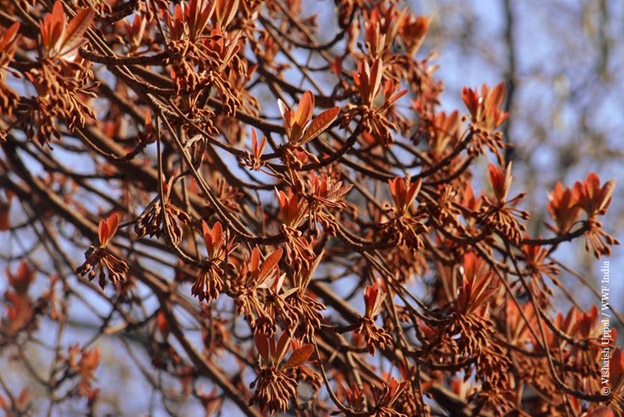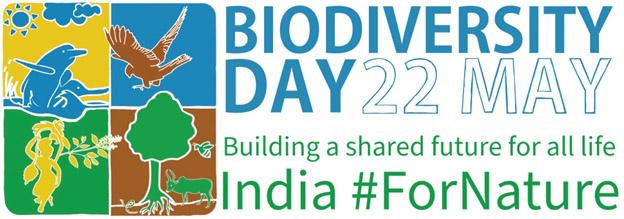As the world begins to learn to live with the pandemic, one of the key lessons we understand is that often we tend to ignore concerns regarding nature and biodiversity at our peril.
Our future is vulnerable if nature and biodiversity are not protected and used sustainably. We have learnt a fundamental lesson; it is that loss of nature and biodiversity can have devastating impacts on people's health and their lives and livelihoods.
The pathways we are adopting to extricate ourselves from the effects of the COVID – 19 pandemic should recognise that biodiversity conservation goes hand in hand with economic recovery and reviving lost livelihoods, especially for the poor. It's time we understand that biodiversity and nature-based solutions can help us avoid future zoonotic pandemics, cherish ecosystem services, and reduce the perils of climate change.

Biodiversity loss, primarily through fragmentation of habitats and ecosystems, from pollution and poorly managed waste and chemicals, and change in land use is also jeopardising our environment, aggravating poverty and limiting our country's contribution to the Sustainable Development Goals.
The UNEP report prior to UNEA’s 5th session “Making peace with nature” needs to be looked at carefully and understood. Mechanisms need to be implemented to mainstream biodiversity concerns across all sectors. We all know and understand that "Nature Nurtures if she is Protected", but this has to be brought into practice. Our resilience, economic growth, human health and jobs depend on biodiversity. India needs its biological wealth and nature to ensure food and water security for its 1.3 billion people and their prosperity and well-being.

Against this backdrop, we must recall the priorities underlined by the Convention on Biological Diversity (CBD). As a responsible Party to the Convention, India needs to renew its responsibility to value nature's crucial role in every facet of life, whether cultural, spiritual, economic or social. It must put nature at the heart of its economy and help to promote sustainable development.
2022 is providing us with an opportunity to develop a Global Agreement on Biodiversity which will be deliberated upon and adopted at the CBD Convention of Parties. We all need to ensure that this new deal for nature and people is robust and ambitious enough to protect and restore nature and safeguard our future. The impetus to revisit our relationship with nature and build a better world needs to happen now.

This year, the International Day of Biodiversity reminds us that we need to maintain the delicate balance of nature conservation and economic development, as nature provides us with all the solutions and will shape our future. Hence, we must conserve our natural and biological diversity to enhance the free ecosystem services we need for us and for our future generations' well-being.